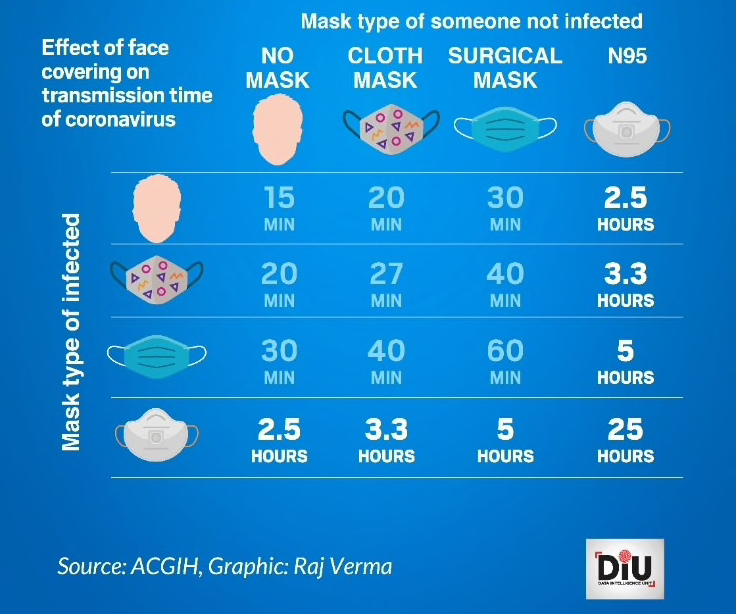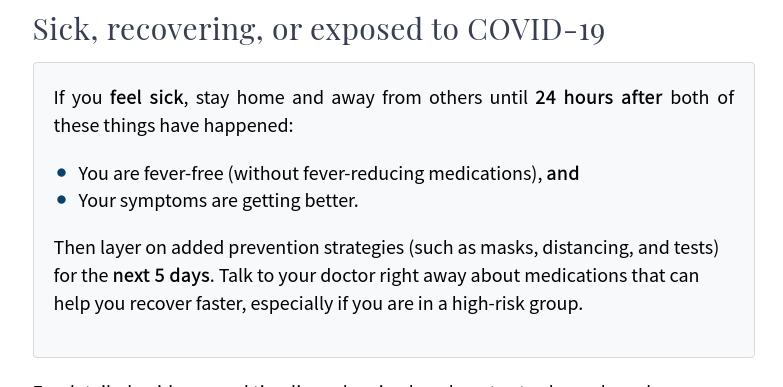Communicable Illness Policies
2025/2026 Policies
|
Planet Homeschool is committed to providing a safe and vibrant learning space for our members. We strive to be cautious, science-minded, and informed by the needs of our most vulnerable members. We are making every effort to ensure that our onsite classes are safe and accessible for everyone. When we are indoors together, those efforts include vaccination, masking, and air filtration. When the Minnesota Department of Health’s syndromic surveillance indicator for the Metro area goes above 10%, masking will be required indoors at PHS. Masks may be removed in the Fellowship Hall for lunch, as well as any time outdoors. Surveillance data: https://www.health.state.mn. |
Our Commitment to Immunocompromised FamiliesAll individuals on-site at Planet Homeschool must be committed to protecting our most vulnerable members by:
|
Mask Information
Masks may be required during times of very high community illness (if MDH viral data indicates that viruses are circulating at very high rates in the community).
|
VentilationIn an effort to reduce germs in the air, we have Corsi-Rosenthal boxes in all classrooms. The Fellowship Hall (our largest space) has both a CR box and a portable HEPA filter. Faith UMC (the building classes are held in) has set its HVAC system to circulate air continuously through its filters. Windows may be opened for fresh air as needed, even during colder weather. |
Minimizing ExposureWhat to do if someone is ill or has had a recent exposure to illness:Stay home if you feel ill or have any symptoms. This includes, but is not limited to: fever, muscle aches, shortness of breath, difficulty breathing, loss of taste or smell, gastrointestinal distress, or skin rashes that are not explained by eczema/psoriasis/contact dermatitis. If you or a family member have been exposed to a highly contagious disease, like COVID-19 or influenza, OR if you are experiencing any related symptoms - please follow Minnesota Department of Health recommendations for quarantine, masking, and monitoring. Recommendations as of Fall 2025 are shown below.
If you or a member of your family tests positive for a highly contagious disease (like covid), and you think you may have exposed others at a Planet Homeschool event - let our co-op’s Leadership Team know immediately. They will make a general forum post that a member of our community is ill, and to watch for symptoms. If you are comfortable doing so and have the energy, you may also notify your close contacts at PHS directly. |
Questions?If you have any questions or concerns about these policies, you can reach our co-op’s lead volunteers at PlanetHomeschoolMN@gmail.com. |
Extra Information About Community Health, Masks, and Air Filtration
Minnesota Department of Health |
Options for comfortable well-fitting masksInclusion in the following list does not imply an endorsement by PHS volunteers.
The difference between an ASTM Level 1 procedure mask and an ASTM Level 2 surgical mask is the resistance to fluid spray, not filtration. An ASTM Level 2 surgical mask will resist a spray at arterial pressure (120 mm Hg) and a Level 3 will resist 160 mm Hg, while a Level 1 procedure mask will only resist a spray at venous pressure (80 mm Hg). |
More information about masks:
|
More information about air filtration:
|




.png)

